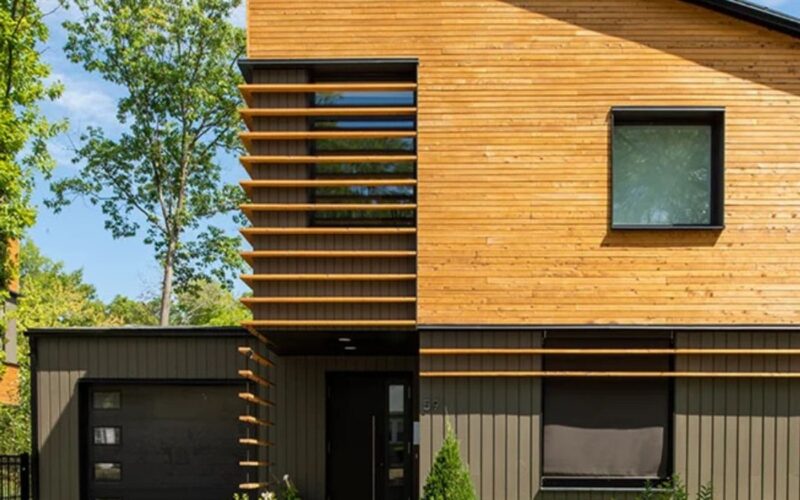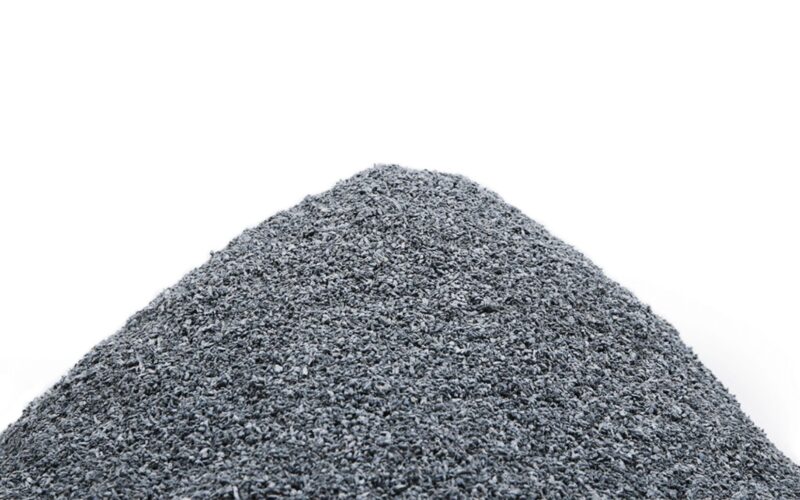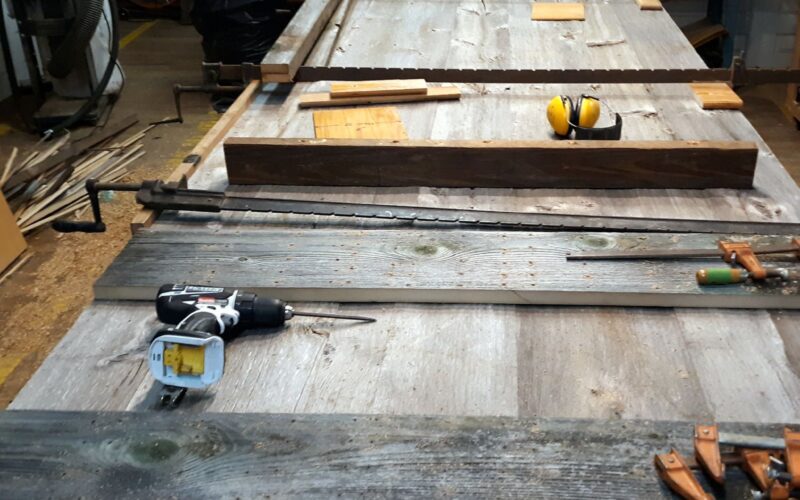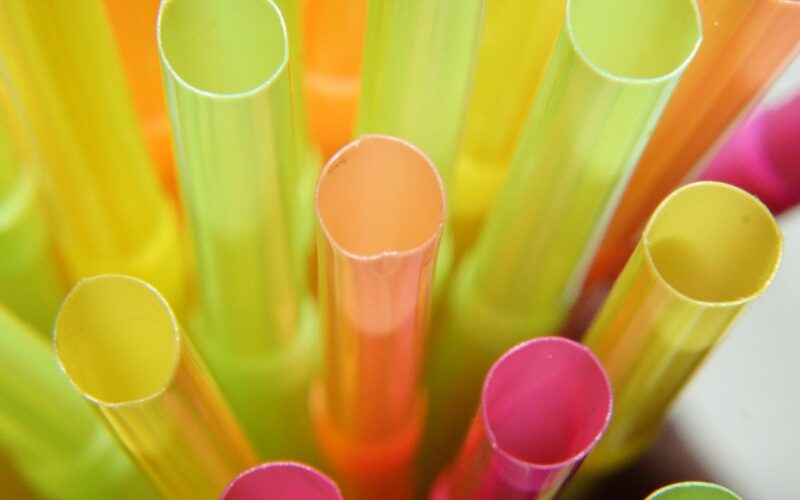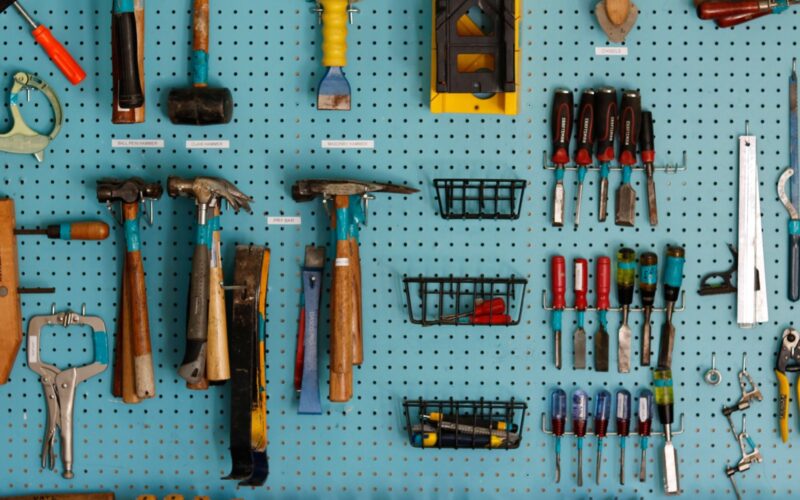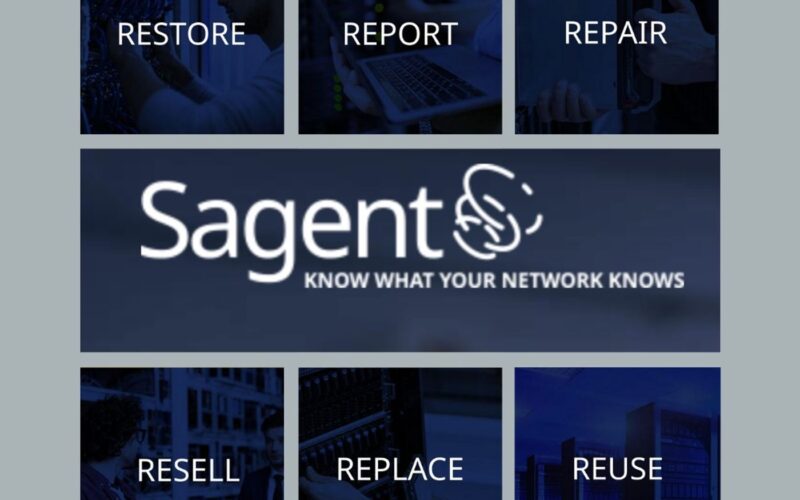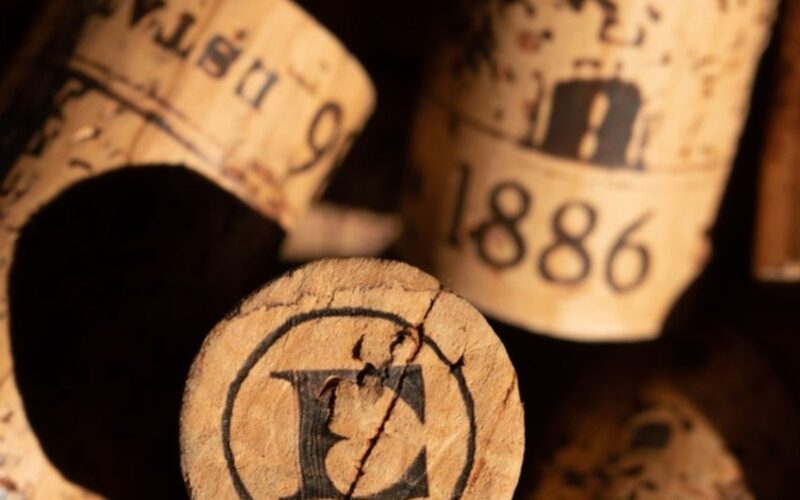125: Savesorb – Save Time, Money and the Environment
This episode was previously aired on April 23, 2023.
________________________________________________________________________________________________________
Oil spills in our world where engines are omnipresent are almost inevitable. Larger accidental spills on land and water have catastrophic effects on the environment, plant and animal life. Ironically some of the industrial spill clean-up solutions often used may not always be eco-friendly. SaveSorb is a totally natural, sustainable plant material. Using sphagnum peat moss in a proprietary method, it is dried, sieved, blended and pH balanced to create the most effective absorbent of hydrocarbons (oil based compounds) and chemicals available.
SaveSorb absorbs almost all hydrocarbons, chemicals and their vapors. It encapsulates them within its molecular structure and will not leach contaminants into the environment, even under pressure. SaveSorb is very safe to handle. In its natural state it partially absorbs the fumes, making it useful for cleaning up small spills containing flammable liquids.
SaveSorb is available as a loose product in bags and in a variety of manufactured products from Spill Kits, absorbent mats and socks. Listen to the world renown jockey turned entrepreneur, Ronnie Ebanks who seized the opportunity when he was introduced to this “miracle-product”.
https://savesorb.com/
https://mindfulbusinessespodcast.com/
#oilspill #sustainablesolutions #ecofriiendly #ecofriiendlycleanup #sphagnumpeatmoss #mindfulbusinesses #savesorb
Read More


